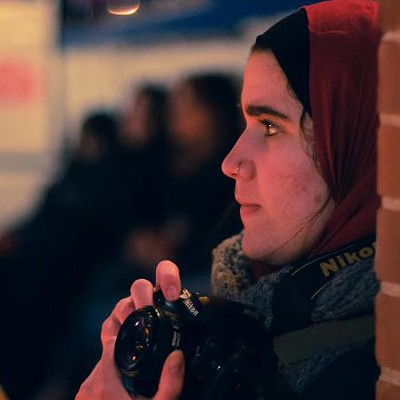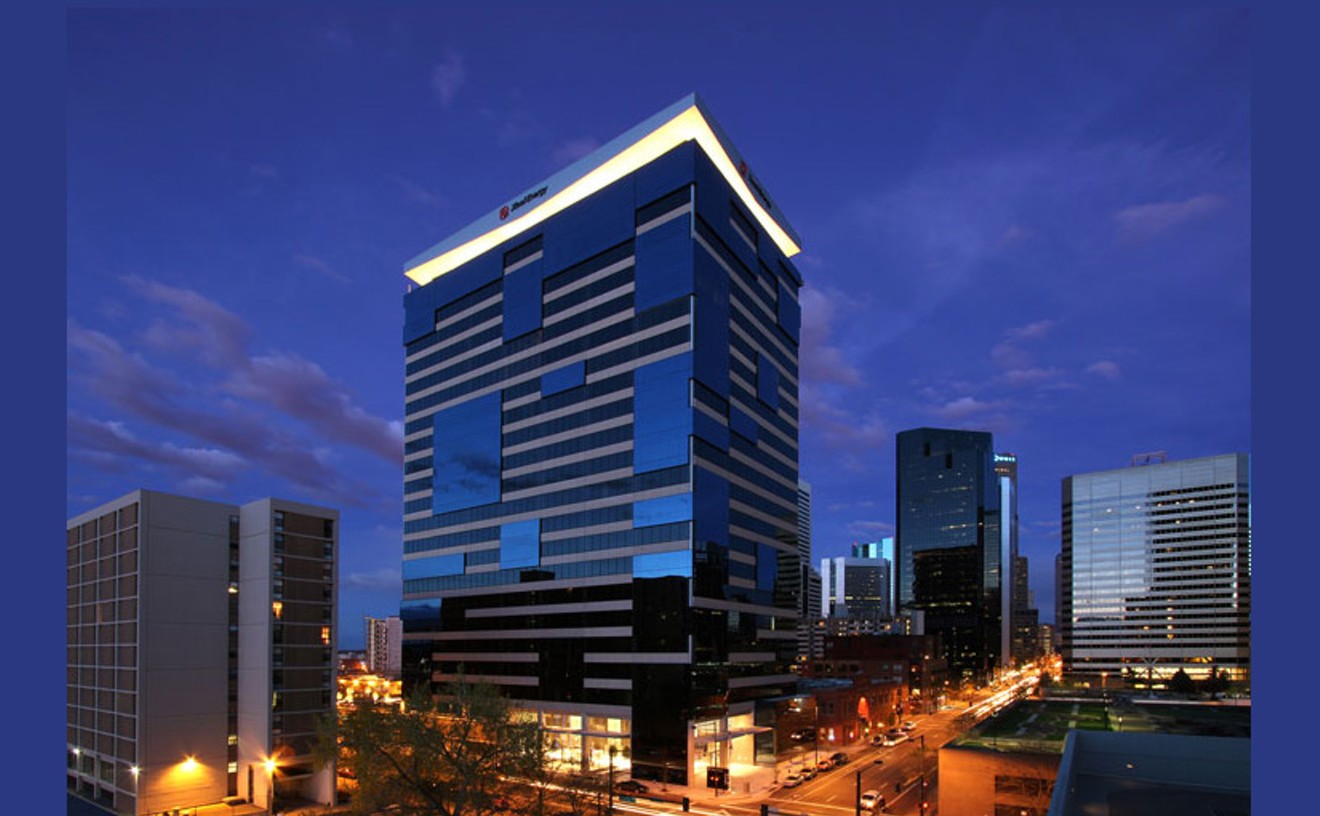Since the fatal home explosion in Firestone in 2017 and the dozen more explosions and leaks up and down the Front Range, communities have stood together demanding that the state take action to protect public health and safety.
So when the Colorado Oil and Gas Conservation Commission — the state regulatory agency for the industry — opened the doors for community input on new flowline regulations last year, it was only expected that residents, local government and the industry would clamor to make their case.
Now the door is quickly closing to community stakeholders as the state moves to solidify new regulations. The last opportunity to get a word in over the proposed rule changes will be at the February 13 public hearing, where the latest draft proposal will be hotly debated.
“Last year a home exploded and two people died. How much more of a wake-up call do we need to know that the status quo is not working? We hope the COGCC chooses to adopt rules that guarantee the public safety that Coloradans need and deserve,” says Boulder County Commissioner Elise Jones. The county has been party to several proposed rule changes, particularly since fracking is a threat to its open-space ordinance.
New flowline regulations first came under consideration in September, but there have been only a few public meetings since for community dialogue. But that hasn't stopped residents from repeatedly protesting at other COGCC meetings and taking to the podium to protest the state's draft flowline regulations. These public hearings have notoriously spanned several hours, with a continual stream of frustrated residents demanding that more stringent rules be placed on oil and gas developments.
The latest draft proposal, which was published on January 26, does a couple of things that the community has asked for. It would provide local government access to available confidential flowline location information within that municipality. And underground flowlines would require two types of inspection tests, one of which requires optical gas imaging. (Flowlines located aboveground wouldn't require optical gas imaging.) And a few other tweaks were made to inspection and reporting requirements.
Those improvements are a far cry from what local governments have repeatedly called for.
COGCC Director Matt Lepore was unavailable for comment at press time.
A coalition of six Front Range governments — Broomfield, Boulder County, Brighton, Lafayette, Longmont and Thornton — put forward a list of thirteen amendments in early January calling for more local control, like allowing municipalities to determine setback distances and local regulations, giving them discretion over flowline abandonment and notifying them in advance of inspection and maintenance activities. Other requests include requiring COGCC to create a comprehensive mapping system of the entire network of flowlines in the state accessible to local governments, and increasing operator liability through bonding and a fivefold increase in liability insurance to $5 million.
Of the list of local government requests, only the additional testing requirements and inventory requirements for new gas service lines were pulled into COGCC's draft regulations. And although the proposal does give location information to local government, it's only a partial win. COGCC would only require the disclosure for flowlines installed after May 1. Existing lines may not necessarily be disclosed if the operator doesn't know or have records for existing flowlines. If the information did happen to exist, then only the start and end points would need to be disclosed.
"We appreciated the fact that they took some steps on the accident reporting, and yet mapping of flowlines and gathering lines are pretty critical as far as we're concerned, in terms of putting child safety and welfare first," says Sara Loflin, executive director of the League of Oil and Gas Impacted Coloradans.
COGCC is trying to shift the responsibility of hosting a geospatial database onto local communities. The current proposal would allow each city or county to pull information within their jurisdiction and then map it themselves rather than having one statewide database. Can't afford it? COGCC says its 811 system — the call-before-you-dig hotline for home excavations — is an appropriate substitute.
"We actually wanted COGCC to host a database and mapping system, but they have been resistant to that due to lack of resources," says Kim Sanchez, chief planner at Boulder County, adding, "811 basically doesn't have the capability to do what COGCC was asking. They don't maintain a database for locations of pipelines. They only provide the service at the time of excavation. ... Local governments need information on pipeline locations for effective land-use planning and emergency planning."
COGCC is struggling to pay its bills because the commission is refunding more money to the industry than it's actually making in severance-tax revenue. To make up the multimillion-dollar shortfall, it's proposing a mill levy increase of four-tenths of a mill, which would be paid by operators, for a total of 1.1 mills. Three industry groups have supported the proposed increase, but local governments are calling for more. Boulder County, Lafayette and Longmont have called for COGCC to raise its statutory maximum of 1.7 mills so it can afford to do things like map the state's flowlines, plug abandoned wells and even pilot an ambient methane leak detection program, which was part of Governor John Hickenlooper's seven-point plan following the Firestone tragedy.
"The minimum proposed 1.1 mills keeps the COGCC at status quo, actually less than that due to severance tax shortfalls," Sanchez says. "We think the COGCC should aspire to do better."
Cities and counties across the state have tried (and failed) to independently regulate the industry within their jurisdiction. Thornton is facing a lawsuit from the industry group Colorado Oil and Gas Association after its city council voted 7-2 in August to increase flowline setbacks to 750 feet from homes, which is more than the state-mandated 500 feet, and increase required operator liability insurance. The city's decision came almost a year after Longmont's failed Colorado Supreme Court battle to uphold its local fracking moratorium.
That's not the end to the industry and COGCC's legal woes. The Colorado Supreme Court is currently reviewing a case brought forward by Boulder teen Xiuhtezcatl Martinez and five other youth plaintiffs that would require COGCC to put public health and safety first when considering the impacts of permitting development.
Next week's round of public hearings over the future of fracking developments is bound to be fraught with tension. In response to the huge turnout and drawn-out public testimony, COGCC implemented a two-hour public comment time limit late last month that gives first priority to those who sign up online. Walk-in commenters are still allowed, but they're queued at the bottom of the list and may not get a chance to speak if the clock runs out. The sign-up sheet closes at noon on February 9. Here's the link.
Frustrated Coloradans aren't just relying on the government to listen to them. Activists with environmental coalition Colorado Rising are mobilizing support for a ballot initiative that would take some power out of COGCC's hands and would effectively kill off new development on all but federal lands. Initiative No. 97 would require a 2,500-foot setback, or buffer zone, between frack sites and a wide array of developments.
“If the state isn’t going to protect us from fracking, then we have to protect ourselves,” says Boulder resident Karen Conduff, who is involved with the Colorado Rising coalition.
[
{
"name": "Air - MediumRectangle - Inline Content - Mobile Display Size",
"component": "12017618",
"insertPoint": "2",
"requiredCountToDisplay": "2"
},{
"name": "Editor Picks",
"component": "17242653",
"insertPoint": "4",
"requiredCountToDisplay": "1"
},{
"name": "Inline Links",
"component": "18838239",
"insertPoint": "8th",
"startingPoint": 8,
"requiredCountToDisplay": "7",
"maxInsertions": 25
},{
"name": "Air - MediumRectangle - Combo - Inline Content",
"component": "17261320",
"insertPoint": "8th",
"startingPoint": 8,
"requiredCountToDisplay": "7",
"maxInsertions": 25
},{
"name": "Inline Links",
"component": "18838239",
"insertPoint": "8th",
"startingPoint": 12,
"requiredCountToDisplay": "11",
"maxInsertions": 25
},{
"name": "Air - Leaderboard Tower - Combo - Inline Content",
"component": "17261321",
"insertPoint": "8th",
"startingPoint": 12,
"requiredCountToDisplay": "11",
"maxInsertions": 25
}
]












